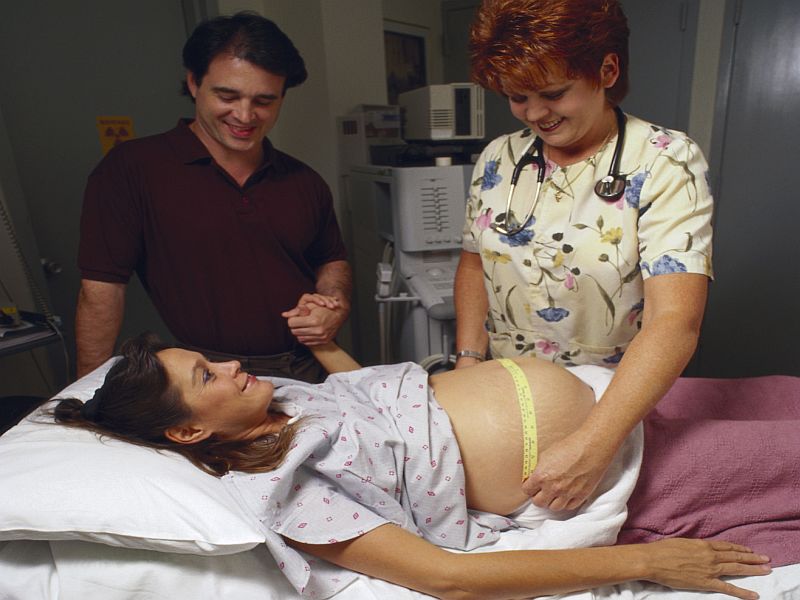Stress in Pregnancy May Affect Baby's Sex, Preterm Delivery Risk: Study

WEDNESDAY, Oct. 16, 2019 (HealthDay News) -- Physical and mental stress during pregnancy may influence the baby's sex, and physical stress may increase the risk of preterm birth, a new study suggests.
Researchers assessed 187 healthy pregnant women between 18 and 45 years of age. About 17% were mentally stressed, with high levels of depression, anxiety and perceived stress. Sixteen percent were physically stressed, with higher daily blood pressure and calorie intake than other women in the study.
Women with either physical or psychological stress were more likely to have a girl, the study found. Typically, about 105 males are born for every 100 females. But the male-to-female ratios in this study were 4:9 among women with physical stress and 2:3 among those with mental stress during pregnancy.
"Other researchers have seen this pattern after social upheavals, such as the 9/11 terrorist attacks in New York City, after which the relative number of male births decreased," said study leader Catherine Monk, director of Women's Mental Health at New York-Presbyterian/Columbia University Irving Medical Center in New York City.
"This stress in women is likely of long-standing nature; studies have shown that males are more vulnerable to adverse prenatal environments, suggesting that highly stressed women may be less likely to give birth to a male due to the loss of prior male pregnancies, often without even knowing they were pregnant," Monk explained in a hospital news release.
Women under physical stress also were more likely to give birth prematurely, and their fetuses were more likely to have an indicator of slower central nervous system development.
Meanwhile, mentally stressed mothers had more birth complications, according to the findings.
"We know from animal studies that exposure to high levels of stress can raise levels of stress hormones like cortisol in the uterus, which in turn can affect the fetus," Monk said.
"Stress can also affect the mother's immune system, leading to changes that affect neurological and behavioral development in the fetus. What's clear from our study is that maternal mental health matters, not only for the mother but also for her future child," she concluded.
The study was published online Oct. 14 in the journal PNAS, Proceedings of the National Academy of Sciences.
More information
The March of Dimes has more on stress and pregnancy.

The news stories provided in Health News and our Health-E News Newsletter are a service of the nationally syndicated HealthDay® news and information company. Stories refer to national trends and breaking health news, and are not necessarily indicative of or always supported by our facility and providers. This information is provided for informational and educational purposes only, and is not intended to be a substitute for medical advice, diagnosis, or treatment.

